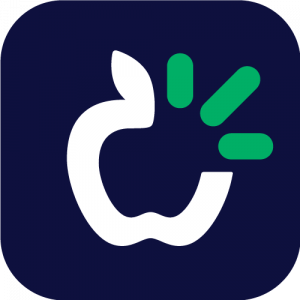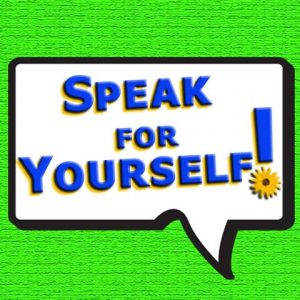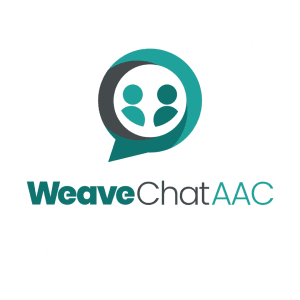For the Love of Stories: Writing and Telling stories
Stories improve language skills, instill a love of reading, stimulate the imagination and provide real world social interaction. Storytelling is an interactive activity but in our digital world it...
What Apps can I use to help my Child? Vocabulary
Vocabulary develops in two ways Number of words Depth and scope of vocabulary More information on vocabulary and its importance can be found here There are a number of ways that the ipad can be...
What Apps can I use to help my Child? Spelling
Reading and spelling are very closely linked because they rely on an understanding of the relationship between letters and sounds. The importance of spelling goes beyond just getting all the words correct; it facilitates reading and writing. There are a number of spelling apps that you can use to help your child.
What Apps can I use to help my child? School Readiness
Research results have shown that that lower levels of school readiness at the end of kindergarten were associated with poorer school performance in grade 1, which can mark the beginning of scholastic difficulties. There are a number of iPad apps that you can use to develop many of these skills.
What Apps Can I use to help my child? Early Vocabulary
Parents are overwhelmed by the number of apps in the app store but would like to help their child. Different apps can be used for different skills and this post will focus on early vocabulary and language. Whilst this is not a comprehensive list, these apps may give some ideas on how to “app-dapt” some games in order to work on early vocabulary and language skills.
Book Creator and Core Vocabulary
Core words make up 80% of what we say everyday. A more in-depth explanation of core vocabulary words can be found here. I am new to the world of AAC and have a lot to learn. BUT...
`Proloquo2Go
TouchChat with WordPower
Snap+Core First
Grid for iPad
SpeakforYourself[
WeaveChat
AAC is short for Augmentative and Alternative Communication
Source: AssistiveWare
Communication devices, systems, strategies and tools that replace or support spoken language are known as augmentative and alternative communication (AAC). These tools support a person who has difficulties communicating using speech.
The first “A” in AAC stands for Augmentative Communication. When you augment something, you add to it or supplement. Augmentative communication is when you add something to your speech (eg. sign language, pictures, a letter board). This can make your message clearer to your listener.
The second “A” in AAC stands for Alternative Communication. This is when you are not able to speak. It is also when your speech is not understood by others. In this case, you need a different way to communicate.
Basically, AAC can be tools, systems, devices or strategies. These tools help a person communicate, when they cannot rely on speech. Perhaps your child has not started talking. Perhaps you have lost your ability to speak. Perhaps your speech comes and goes. Maybe speaking is harder than other ways to communicate. AAC can help.














